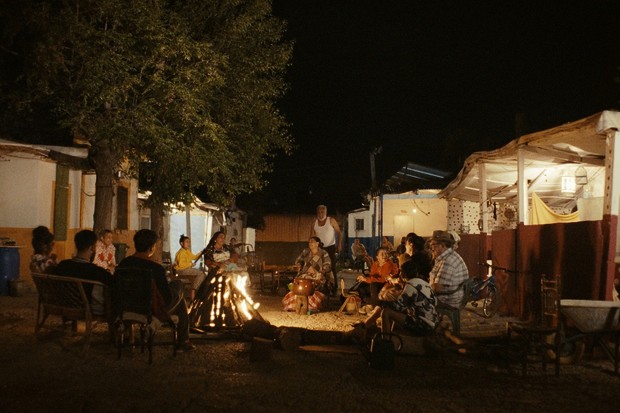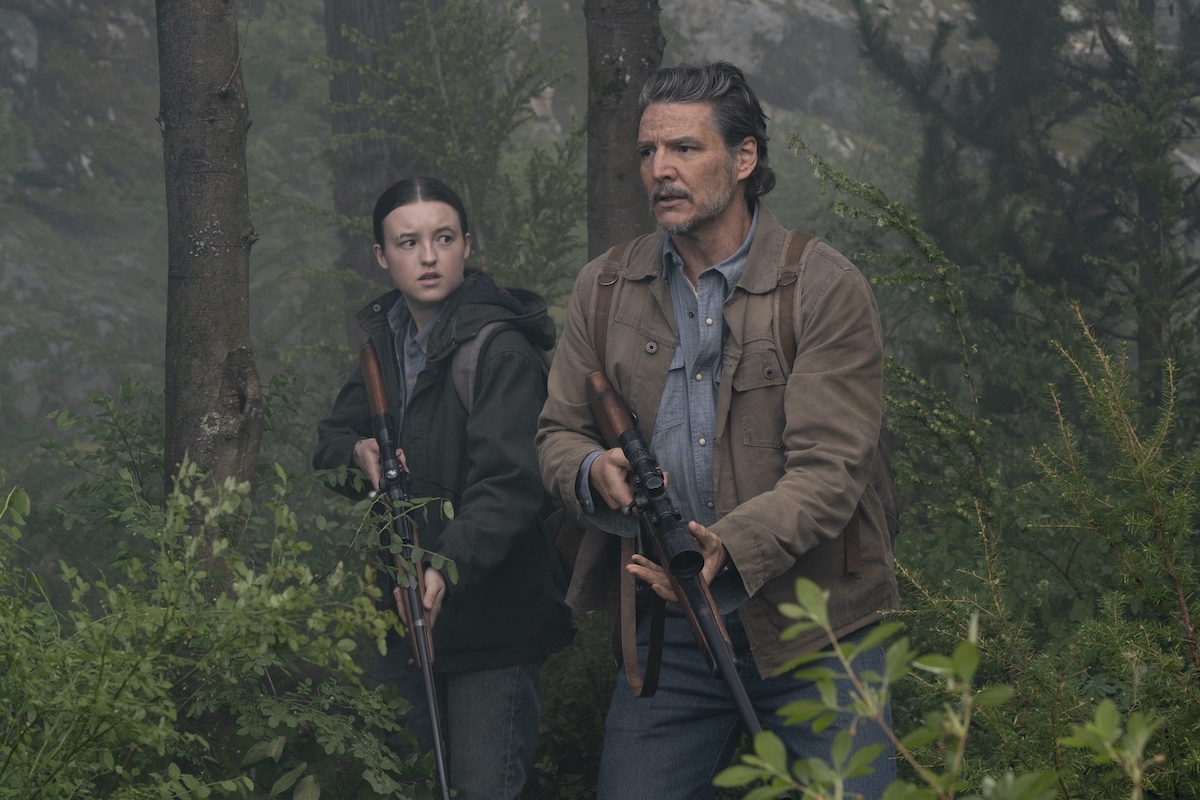
It’s a happy coincidence that, in Spanish, “sueño” means both sleep and dream. And “Sleepless City” (“Ciudad Sin Sueño”) is as much about the restless tumult of an inner-city Madrid neighborhood dominated by the Roma community as it is about one boy’s failure to find anything worth dreaming about within it.
Toni (Antonio “Toni” Fernández Gabarre) is a directionless 15-year-old trying to enjoy the anarchic everyday without letting the bigger questions of “who am I?” and “why am I here?” get in the way. (Being 15 is rarely fun.) At the same time, authorities in the Spanish capital are dismantling Toni’s neighborhood, a sort of makeshift shantytown no longer commonplace — or deemed right and proper — in wealthy western Europe. These settlements are technically illegal, but what that really means is that they’re not part of the established system. Families depend much more on each other’s favors and the leadership of a community patriarch — in this case, Toni’s grandfather Chule (Jesús “Chule” Fernández Silva). They get by. But, as Toni observes in less thought out terms, self-actualization is hard to come by.
This is the first, but not the last, way in which “Sleepless City” takes notes from Fellini. In the great Italian director’s “I Vitelloni,” his breakthrough film and a neorealist coming-of-age drama in its own right, a teenage boy brought up on the periphery watches as his friends and his sister waste their lives away. He has higher ambitions than the bad hand he has been dealt. We are drawn in to his journey to be better (see also “Stand by Me” and a million other, mostly worse movies). Toni is similar: he enjoys racing the family dog in his pickup truck, sure, and will eat as much candy floss as anyone else at the community fair. But isn’t there more to life?
Chule doesn’t get it. In truth, no one does, and Toni’s journey toward self-discovery is largely internalized. It’s bold and a credit to “Sleepless City” not only that Toni, Chule, and others play thinly fictionalized versions of themselves — there are no trained actors here, and they didn’t use a script — but also that these characterizations are so self-examining. This isn’t “The Studio,” where the great and the good seem to play superficial but largely sincere versions of themselves in a nevertheless rose-tinted version of Hollywood.
“Sleepless City” is the real deal.
It helps that it was shot in Cañada Real, a real-life Roma-ruled shantytown on the outskirts of Madrid best known in the city for a notorious “drug supermarket,” and living conditions that are thought to be among the very worst in Europe. Running water is fairly hard to come by, the power is rarely reliable, and few roads are paved. When kids smoke cigarettes and vape like chimneys or drive quad bikes at terrifying speeds in “Sleepless City,” it’s fair to question how much of this was staged or planned.
Although Madrid and other rich European cities have, for decades, cracked down on their Roma communities’ ad hoc neighborhoods, preferring to relocate people to public housing and homeless shelters, “Sleepless City” shows a setting that is, for the people who live there, bustling. Although the state has good reason to seek better living conditions for many of its most vulnerable residents, many of whom don’t speak Spanish and don’t participate in the local economy or schooling, to bulldoze homes and spread Roma families out across the city as housing becomes available is to destroy a community and separate close-knit families.
Toni goes through that first-hand when his best friend Bilal (Bilal Sedraoui) gets a one-way ticket to the French coast, and an embrace of 21st century European life. But for Chule, leaving Cañada Real and abandoning your family are one and the same.

For director Guillermo Galoe, this is familiar territory. His 2023 short film “Even Though It’s Night,” which also played at Cannes, followed Toni a couple of years beforehand. Toni was scouted when he was spotted fixing a motorbike, which presumably gave Galoe the idea to make Toni’s family scrap-metal dealers. The predecessor to “Sleepless City” also has a friend of Toni, Nasser, move to France, prompting similar reflections on the Big World Out There that we see here.
In that way, “Sleepless City” evokes Mati Diop’s “Atlantics,” a fantastical sequel of sorts to her earlier short film about the same subject. And like Diop’s film, “Sleepless City” gains from Galoe’s earlier exploration of his lead character and the setting. Not just in the confidence and maturity with which he tells a thorny, ethically challenging story, but also in its brilliant use of locations within the cramped, labyrinthine neighborhood.
This is the other way in which Galoe notably takes from Fellini: two slow, near-360 degree pans which show a community in action amid its destruction bookend “Sleepless City” — and place Toni within it. (At first, you have to squint to find him.) Though he is in the realm of neo-realism in the way he tells his story, Galoe’s filmmaking is anything but. It’s stylish and ambitious for its scale, making use of sizable set pieces and high-speed chases to show the full spectrum of a thriving neighborhood that doesn’t go about its business as if it is existentially threatened. It evokes “La Dolce Vita,” another film that memorializes the end of a certain era — although, of course, “Sleepless City” has none of its sarcasm. But Toni is a kind of Rubini (immortalized by Marcelo Mastrioanni), a confused player at the very centre of events who isn’t sure how much he wants to be there. We feel his pain.
The Roma community is Europe’s largest ethnic minority grouping. But, often living on the periphery of the continent’s towns and cities, it is rarely represented in culture with the care and nuance of “Sleepless City.” Beyond that worthy ideal, too, this is an excellent film. Toni and Chule’s compelling relationship is a provocative insight into an ideological schism at the heart of a community, and one that is playing out in real time.
The bulldozers will continue to rid Europe’s great cities of the little-known Roma neighborhoods on their outskirts, but films like “Sleepless City” will help them be remembered for years to come.
Grade: B+
“Sleepless City” premiered at the 2025 Cannes Film Festival. It is currently seeking U.S. distribution.
Want to stay up to date on IndieWire’s film reviews and critical thoughts? Subscribe here to our newly launched newsletter, In Review by David Ehrlich, in which our Chief Film Critic and Head Reviews Editor rounds up the best new reviews and streaming picks along with some exclusive musings — all only available to subscribers.



